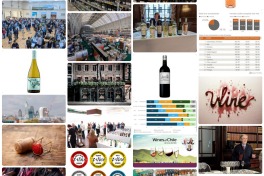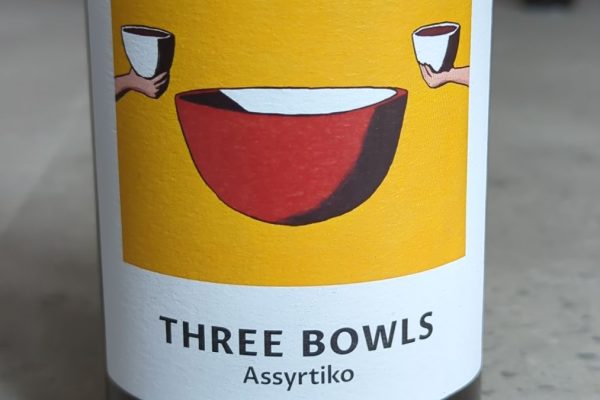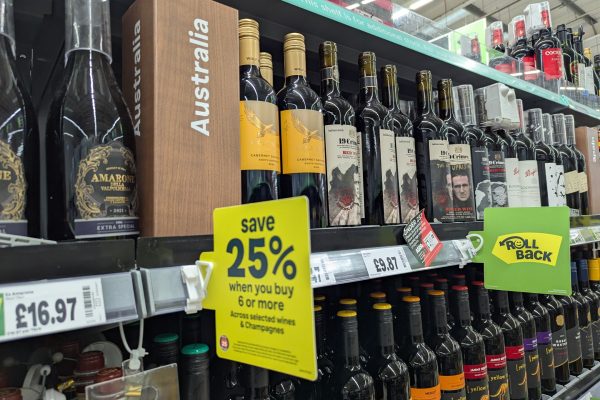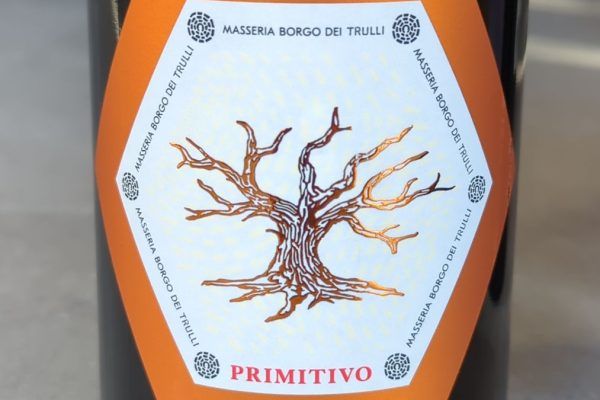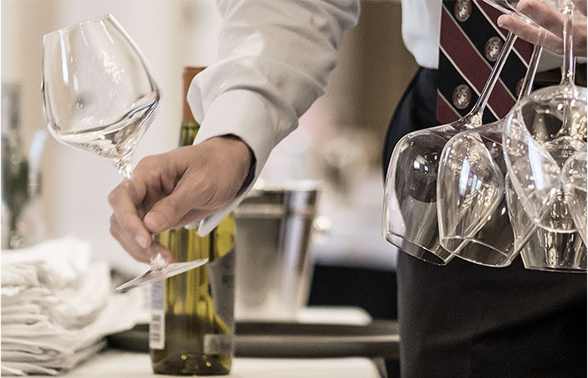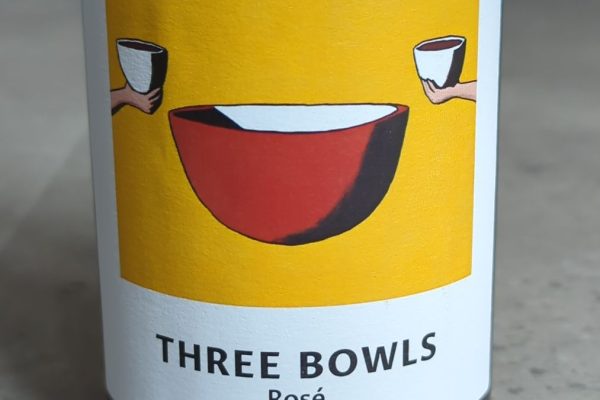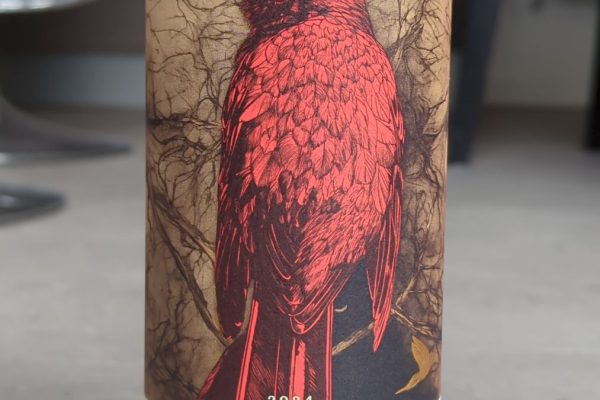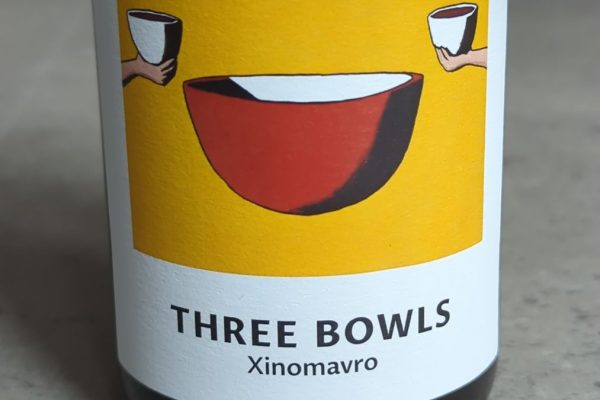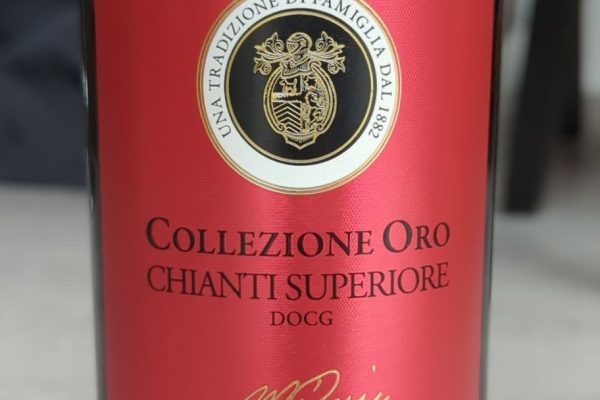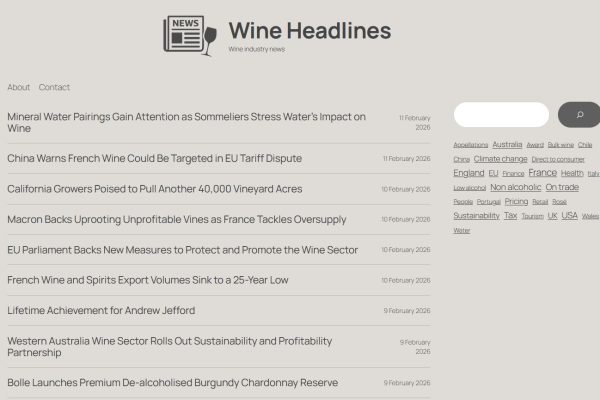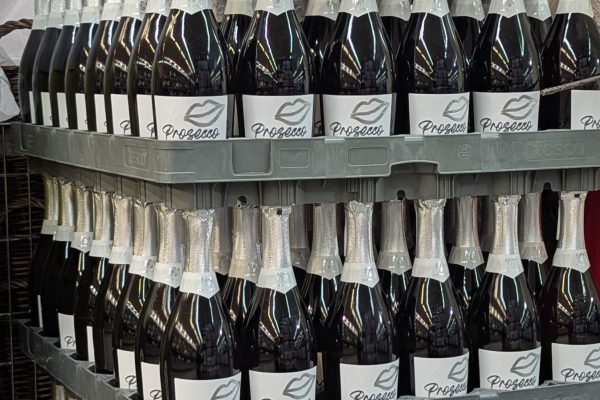
In March 2025, I went to the Tesco Spring Summer Press Tasting in London, where a large line-up of 152 wines was showcased, including 19 new wines.
One of the most notable developments was Tesco’s move towards greater sustainability in its wine packaging. Working in collaboration with the Sustainable Wine Roundtable (SWR) and various suppliers, Tesco has introduced lighter 300g bottles into its own-label range from February 2025. This step has already resulted in the removal of 155 tonnes of glass from production, a reduction in carbon emissions and success in meeting the SWR Bottle Accord target, achieving an average bottle weight of 420g. More measures are expected to follow later in the year.
Among the wines on offer, several stood out for various reasons, some for their exceptional quality, others for their sheer value or uniqueness:

Perrier-Jouët Grand Brut NV (12.5% ABV) is a luxury Champagne made with 40% Pinot Meunier, 40% Pinot Noir and 20% Chardonnay. Sourced from some of Perrier-Jouët’s finest vineyards, the grapes are hand-picked. It has a dry style with refined aromas of peach, honey, citrus and floral tones, accompanied by yellow fruit. It is fresh, round and long with an elegant brioche character. A high-end offering at £50.
Vista Castelli Trebbiano d’Abruzzo 2024 (11% ABV) is made from 100% Trebbiano and is vegan-friendly. Produced by Citra, a large cooperative encompassing eight wine groups and over 3,000 growers in Chieti, this wine is dry and crisp, with bright citrus and stone fruit flavours. It is remarkably good for its price point. At £4.90, this was, for me, the best value wine of the tasting.
Tesco Finest Viña del Cura Rioja Blanco 2023 (13% ABV) is a blend of 90% Viura and 10% Tempranillo Blanco, produced by Barón de Ley. Vegan-certified, the wine was matured on lees and spent four months in American oak barrels. It delivers a floral and tropical nose with gentle oaky undertones. The flavour includes fruity, bready, yeasty notes with a touch of spice. A great match for chicken dishes, and priced at £9.
Lacheteau Touraine Sauvignon Blanc 2024 (11% ABV) is 100% Sauvignon Blanc from LGCF in the Loire Valley. Aged on the lees and dry in style, this wine offers tropical and citrus aromas that are more reminiscent of New Zealand Sauvignon than traditional French expressions. It has great length and is priced very well at £8.
Louis Jadot Pouilly-Fuissé 2023 (13% ABV) is a 100% Chardonnay wine, vegan, and made through a dual fermentation method: part in temperature-controlled stainless steel vats, the rest in oak barrels. This results in complex aromas of citrus, floral and mineral notes. The taste delivers full-bodied richness balanced by delicate acidity and flavours of ripe pear, apricot and hazelnut. A soft, elegant wine with a luxurious mouthfeel. Ideal with food, as I experienced over lunch, and priced at £32.50.
Tesco Finest Stellenbosch Chenin Blanc 2024 (13.5% ABV) is made from 100% Chenin Blanc, sourced from a 43-year-old vineyard. Produced by Stellenrust and certified Fairtrade, winemaker Tertius Boshoff makes this vegan-friendly wine with care. Already a favourite of mine, this vintage felt slightly less intense than previous one but still offers good value at £8.50.
Vasse Felix Margaret River Classic Semillon Sauvignon Blanc 2024 (13% ABV) is a blend of 63% Semillon and 37% Sauvignon Blanc, produced by Virginia Willcock. This wine is made using organic practices and mixed-strain yeasts to amplify fruit expression and texture. It bursts with aromas of gooseberry and red apple, with manderin citrus notes underpinning a fresh, long finish. Very different and unique, my favourite white find of the tasting. Vegetarian and priced at £13.
Wairau Cove Reserve Sauvignon Blanc 2024 (13% ABV) is a classic New Zealand Sauvignon Blanc from Indevin, made by winemaker Jason Cook. It features intense citrus and passionfruit aromas, with bold grapefruit and lemongrass on the palate. Long, persistent and textbook in style. Well worth the £10.
Springfield Estate Special Cuvée Sauvignon Blanc 2024 (12.5% ABV) is a vegan wine from a family-run estate in South Africa, run by ninth-generation descendants of French Huguenots. Made from 40-year-old vines and left on lees for 100 days, it delivers gooseberry, lime and citrus flavours with real intensity. Bold and leaning heavily into the New Zealand style, possibly too intense for some, but I loved it. £13.
Gérard Bertrand Genora Orange Wine 2023 (12.5% ABV) is a blend of Chardonnay, Roussanne, Grenache Blanc and Muscat. Vegan and organic, the fruit is grown under 14 different environmental certifications. It is fermented whole-bunch, with skins and stalks included, giving it a vibrant colour and slightly tannic structure. Aromas of flowers, candied fruit and white pepper lead to a soft and fresh wine with good length. I’m often on the fence about orange wines, but this one is aromatic and less tannic, which I enjoyed. £12.
Yuzu & Pink Pepper Spritzi NV (8.4% ABV) is a refreshing aperitif from Peter Mertes KG in Germany, created by Peter Feilen. I had never tried anything like this before and was glad I did. It offers a bright lemony zest paired with a spicy pink pepper finish. Light and ideal for summer drinking, especially when you want something lower in alcohol. Great value at £5.
Escarpment Pinot Noir 2022 (13.5% ABV) from Martinborough, New Zealand, is 100% Pinot Noir fermented with indigenous yeasts and matured for 11 months in French oak, 27% of which is new. It has a deep aromatic profile, medium body, and classic red cherry fruit layered with minerality, spice and oak. Excellent wine with great length. £26.
Tesco Finest Margaux 2020 (13.5% ABV) blends 55% Cabernet Sauvignon, 39% Merlot, 4% Petit Verdot and 2% Cabernet Franc. Produced by SCEA Château Boyd Cantenac and winemaker Lucien Guillemet, it underwent malolactic conversion in vat and barrel, then aged for up to 24 months in oak (nearly half new barrels). Black fruit, cherry and spice dominate, delivering a rich, full-bodied and complex wine. Previously a favourite and still a great wine. £25.
Tesco Finest Viña del Cura Rioja Reserva 2020 (14% ABV) is a 100% Tempranillo wine from Barón de Ley. Vegan, it was aged for 18 months in American oak followed by 24 months in bottle. Cherry and raspberry layered with oak and spice. Tannic and structured, more so than most supermarket examples. £10.50.
Costa Do Castelo Lisboa Red Blend 2024 (13% ABV) is made from 40% Syrah, 40% Cabernet Sauvignon, 10% Alicante Bouschet and 10% Touriga Nacional. From Calçada Wines in the Vinho Verde region, it’s vegan and offers cherry aromas that follow through on the palate. Slightly sweet but well-balanced. Reminiscent of Porta 6 but slightly more budget-friendly at £6.
Querencia Garnacha 2023 (14.5% ABV) is made by Bodegas San Alejandro, a flagship Garnacha producer in Catalunya with over 150 winemakers. This vegan wine is made from dry-farmed, organic, hand-picked Garnacha vines. It offers violet aromas and a flavour profile that feels lighter and delicate than the alcohol might suggest. £12.
Care Garnacha Nativa 2022 (14.5% ABV) is 100% Grenache, produced by Bodegas Añadas SA. The name ‘Care’ refers to the Roman name for the town of Cariñena. Made from vines over 40 years old, grown on the slopes of Sierra de Alairén, the wine is aged in a mix of French oak, Foudre and concrete for eight months. Aromas of blackberry and blackcurrant lead to flavours of dark cherry and coffee. Smooth and consistent with previous vintage. £12.
El Enemigo Cabernet Franc 2021 (13.5% ABV) is made from 90% Cabernet Franc and 10% Malbec, from the renowned Gualtallary sub-region in Argentina’s Uco Valley. Fermented with wild yeasts and aged for 15 months in a mix of 100-year-old foudre, barrels and stainless steel. Still a solid wine at £18.50, previously reviewed in a lot more detail.
Tesco Finest The Trilogy Malbec 2021 (13.5% ABV) is 100% Malbec from Catena Zapata. Grapes come from altitudes ranging between 1,000 and 5,000 feet. Aged in both steel and oak, this wine has aromas of ripe plum and chocolate and flavours of dark fruit, vanilla and black pepper. Rich, with excellent texture. £14.
Granite Hill Cellars Old Vine Zinfandel 2022 (14.5% ABV) is 75% Zinfandel, 15% Teroldego and 10% other varieties. A vegan wine from Lodi, California, made by the Kautz family, whose vineyards grow on rocky, granite-rich soils. The Zinfandel and Petite Syrah are aged in a combination of French and American oak. Aromatic, very slightly sweet, full-bodied with black fruit and a long finish. My favourite red find of the tasting. Excellent value at £12.50.
Once again, Tesco proves its strength at both ends of the market. Whether you are looking for something affordable or more luxurious, there is something to suit all tastes. Prices remain competitive despite recent duty increases, and when factoring in Tesco’s occasional 25% off promotions, the value becomes even more compelling.
Please keep in mind that not all wines are available in every store and prices can fluctuate.





